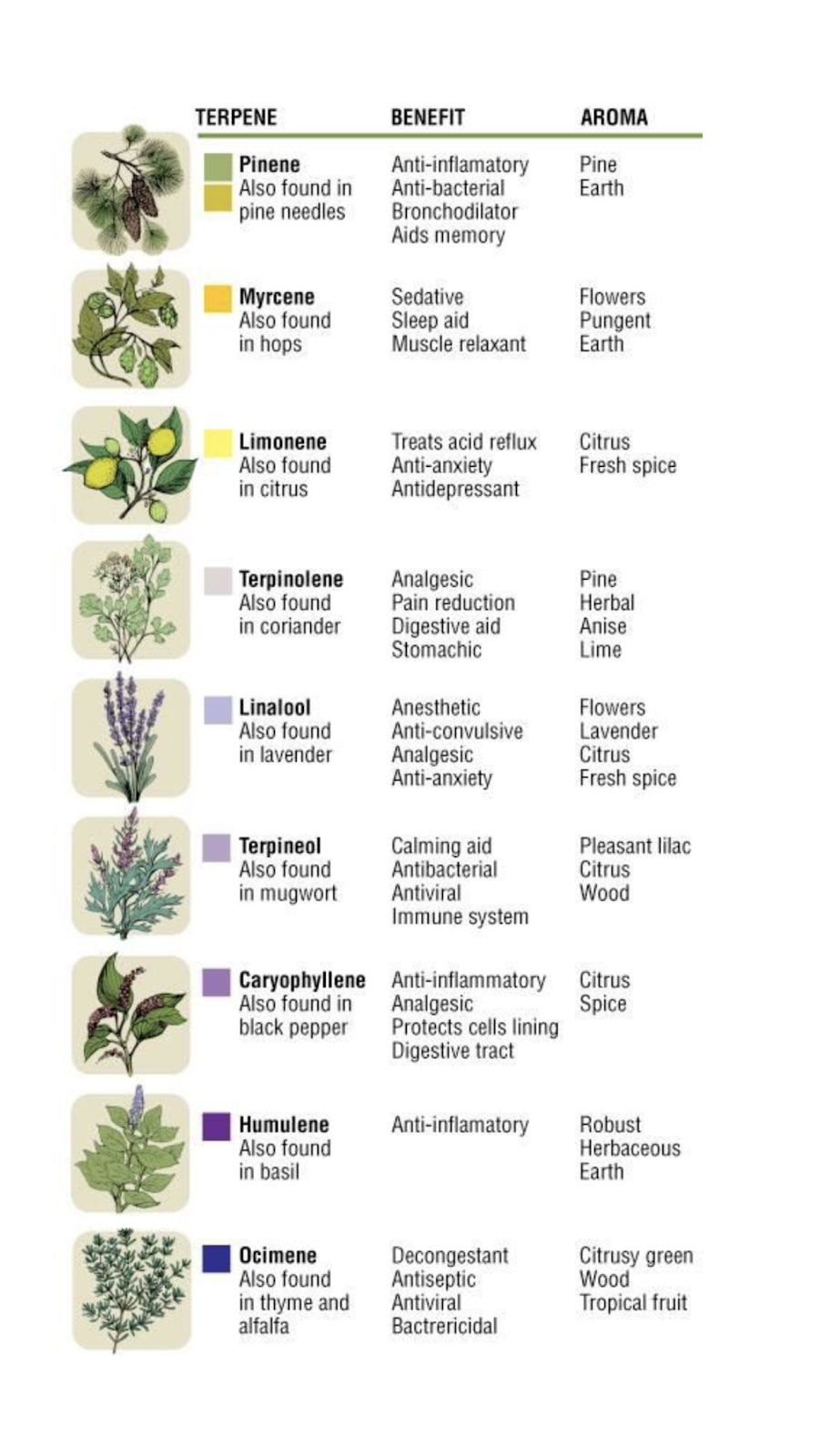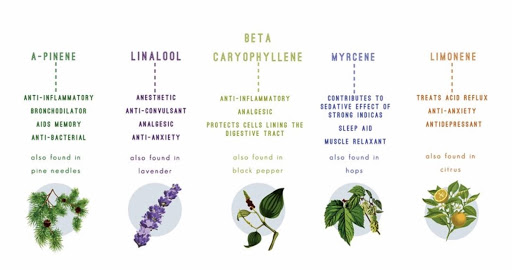Your cart is currently empty!
Shipping Update: Our shipping policies have changed! Some states have restrictions on certain products. Click here to learn more!
April 4th, 2019
Jose Alexandre Crippa and his colleagues at the University of San Paulo in Brazil and at the King’s College in London have conducted pioneering research into CBD and the neural correlates of anxiety.
At high concentrations, CBD directly activates the 5-HT1A (hydroxytryptamine) serotonin receptor, thereby conferring an antidepressant effect. This receptor is implicated in a range of biological and neurological processes, including (but not limited to) anxiety, addiction, appetite, sleep, pain perception, nausea and vomiting.
5-HT1A is a member of the family of 5-HT receptors, which are activated by the neurotransmitter serotonin. Found in both the central and peripheral nervous systems, 5-HT receptors trigger various intracellular cascades of chemical messages to produce either an excitatory or inhibitory response, depending on the chemical context of the message.
CBD triggers an inhibitory response that slows down 5-HT1A signaling. In comparison, LSD, mescaline, magic mushrooms, and several other hallucinogenic drugs activate a different type of 5-HT receptor that produces an excitatory response.




How would you like to shop?